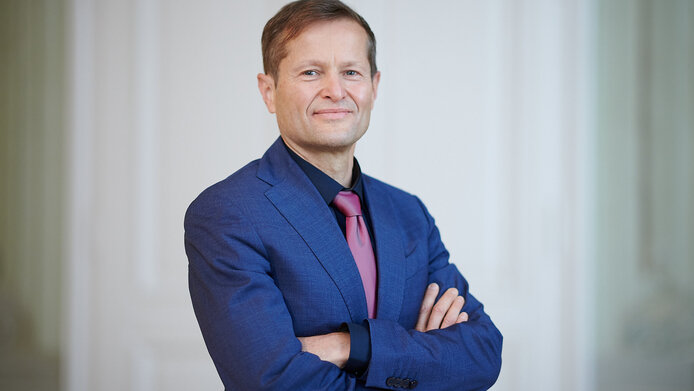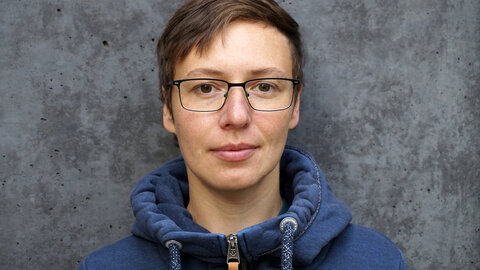From the FWF Wittgenstein Award to the Nobel Prize in Physics

“I would like to congratulate Ferenc Krausz on winning the Nobel Prize in Physics,” said FWF President Christof Gattringer in an initial reaction. “His work gives us completely new perspectives on the dynamics of electrons in matter and is an outstanding example of basic research. An impressive career that began 25 years ago with the FWF START Award for outstanding junior researchers and was later continued with the FWF Wittgenstein Award has now culminated in the Nobel Prize. After Anton Zeilinger last year, the Nobel Prize Committee’s choice of Ferenc Krausz honors yet another top researcher whose career was significantly supported by the Austrian Science Fund (FWF). The prize is a further spotlight on world-class basic research with a strong Austrian influence,” says Gattringer.
Nobel laureate already won FWF Wittgenstein Award 20 years ago
The FWF funded several of Ferenc Krausz’s research projects during his time at TU Wien. As early as 1996, an FWF START Award allowed the experimental physicist to advance his work, and in 2002 he received the FWF Wittgenstein Award, Austria's most highly endowed research grant – as the youngest award winner to date. Some of the work funded by the FWF at the time is now also on the citation list for the Nobel Prize, as was the case last year with Anton Zeilinger and in 2020 with chemistry laureate Emmanuelle Charpentier.





